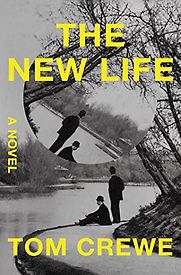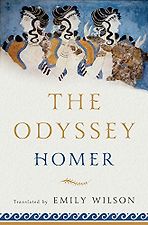Recommendations from our site
“It’s the story of a brave attempt to rationalise sexual behaviour, and thus remove the stigma attached to homosexuality. Tom Crewe has used, quite loosely, the lives of two men, John Addington Symonds and Havelock Ellis who, in the book, become John Addington—a single-minded man who wants to create a world in which everybody is free to live as their nature dictates, but who is also flawed and selfish; and Henry Ellis, a shy, fragile, clever man who wants the same thing. Both these men personify that high Victorian belief that if only one could educate people, people would understand and accept. So, by proving that homosexuality has always been a part of human life and human nature, they hoped it would become ordinary, as indeed has happened now in the UK. But what happens when principle, rational thinking and hope crash into reality? Will they succeed or themselves face ruin? That’s the great tension at the heart of the book. There’s a rare honesty in the writing of this book. It’s written so directly, the sex graphic yet unsensational. Tom Crewe is a true craftsman.” Read more...
The Best Historical Fiction of 2024
Katharine Grant, Historical Novelist
“This is a first novel and an incredible accomplishment. If you wanted to put a label on it, it’s about the earliest gay liberation movements of the 1890s, at the time of the Oscar Wilde trial, when so much shame, fear and scandal was attached to even the most timid discussion of same-sex desire in British culture. It revives that moment and that atmosphere with enormous skill. It’s never anachronistic. It presents the experiences of the two central characters who are involved in trying to open the discussion around what would be called homosexuality or inversion at that time and bring it into the public realm.
It’s also a brilliant book about what it means to be an activist. It’s how for something so central to people’s identity, it becomes a compelling need but, at the same time, there’s something diminishing or disappointing about the fight, however much you feel you have to take it on. There is also, of course, the rather melancholy reflection that this is a book set in the mid-1890s and it took 70 more years before the laws on homosexuality in Britain were changed.”






